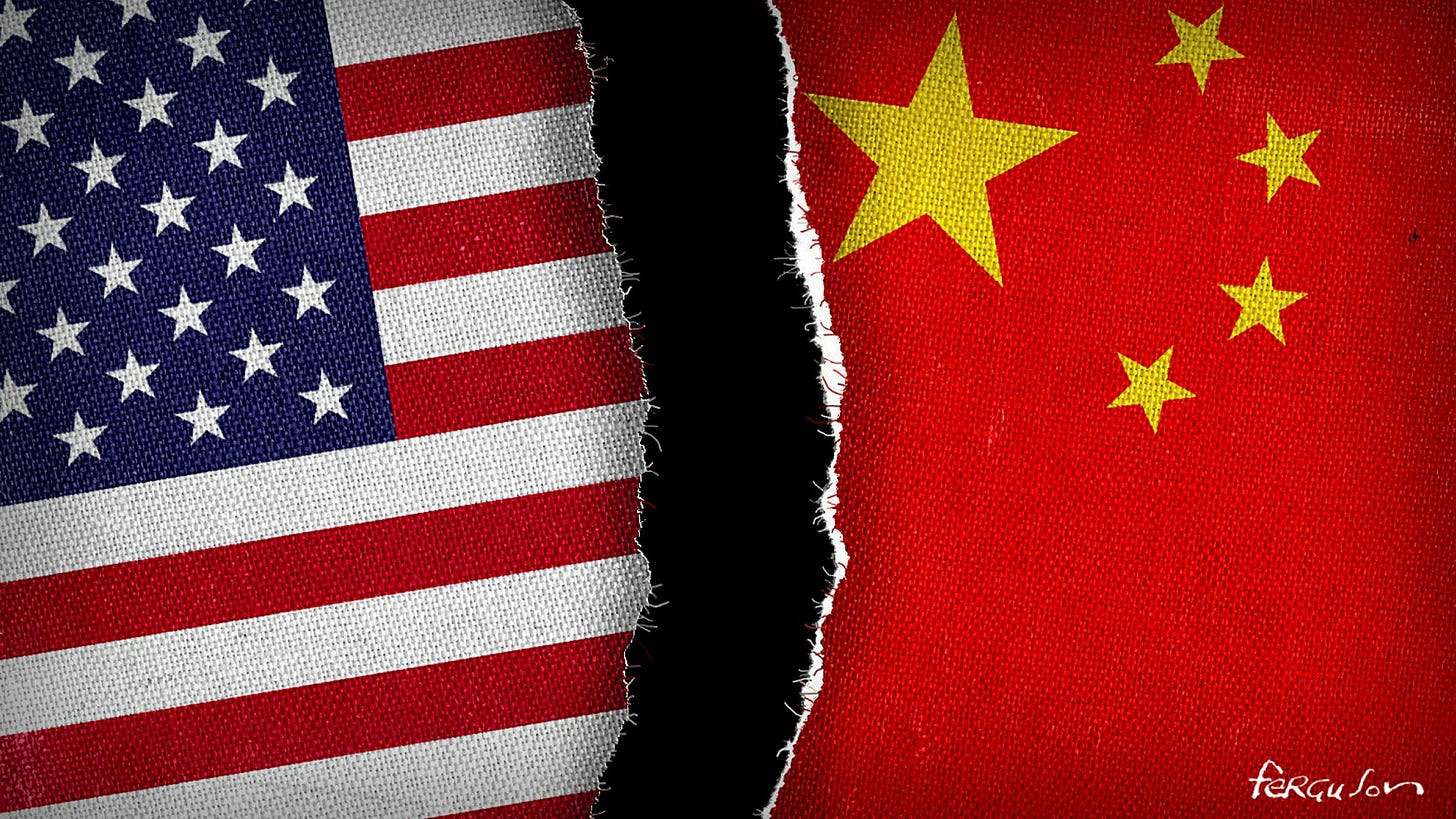Xi Jinping’s China and the West Are More Than Ever in a Phase of Decoupling.
An invasion of Taiwan by China would tear at the tight fabric of interdependencies.
From October 16, 2022, and for a few days, the leaders of Western companies established in China will have their eyes turned towards the People's Palace in Beijing, where the 20th Congress of the Chinese Communist Party (CCP) will take place. With this worrying question in mind: will the strategic orientations set at this five-year summit amplify the di…
Keep reading with a 7-day free trial
Subscribe to Sylvain Saurel’s Newsletter to keep reading this post and get 7 days of free access to the full post archives.




